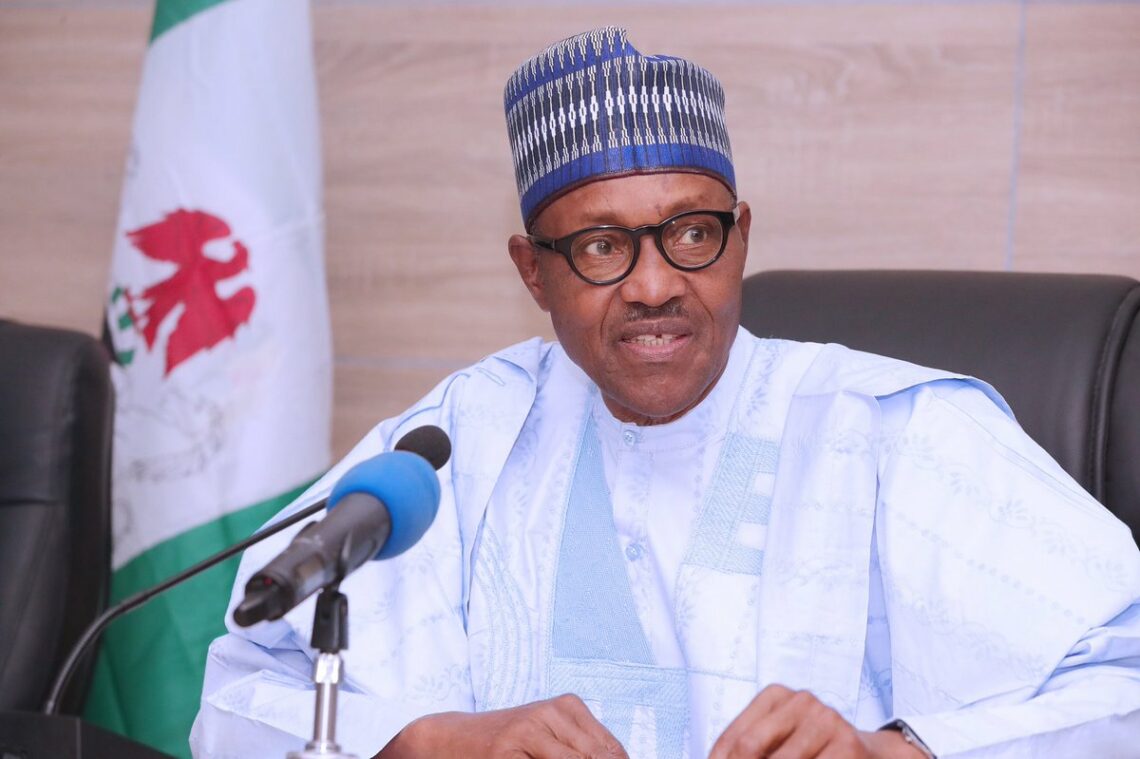Given how previous experiments with jump starting the economy via the highly empowering and hydra linkages of the agricultural sector were a disaster in the past, this is a call for the present administration to pursue its own agricultural programme, the ‘Green imperative’, with the singularity of purpose it deserves to put this economy on the highest pedestal of development.
The Green Imperative Is an ambitious agriculture revolution programme in which government plans to inject the princely sum of $19 billion and create 5 million jobs in the space of 10 years. It is an all-embracing programme stemming from a Nigerian-Brazil collaboration with funding coming from the Development Bank of Brazil (BNDES) and Deutsche Bank. Other institutions involved in the unique arrangement are the Brazilian Guarantees and Fund Managements Agency (ABGF) and the Islamic Corporation for Insurance of Export Credit (ICIEC) of the Islamic Development Bank (IsDB), and coordinated by Getúlio Vargas Foundation (FGV).
More details of the project involves the reactivating of six motor assembly plants in the six-geopolitical zones of the country for assembling of tractors and other implements while the Completely Knocked Down (CKD) parts of about 5,000 tractors would be imported. Others are the setting up of 142 agro processing service centres in each senatorial district; 632 mechanisation service centres to support primary production in the 774 Local Government Areas and the Federal Capital Territory.
The idea is to achieve efficiency and eliminate post-harvest losses, thereby cutting down cost of food all year round and create sustainable supply chain of agricultural raw materials for large manufacturing companies to source locally, thereby saving billions of US Dollars in food-related forex.
Government also outlined benefits of the project to include impacting over 35 million persons nutritionally and economically; the revitalization of research and extension service delivery through a five-year technology-package transfer component; transfer of technology from Brazil’s manufacturers and institutions to Nigeria.
Other benefits put forward by government are that it will strengthen food security, create massive jobs, transfer technology and revive or reinvigorate many assembly plants and that it will strengthen the economy, save scarce resources, mechanise farming and lead to the emergence of value-added agriculture, among other benefits.
Indeed, on paper, the project looks to eviscerating some of Nigeria’s niggling agricultural and developmental challenges and ‘set the stage for an agricultural revolution’. The concern, however, is that the project does not go in the way of previous such ambitious projects like the Operation Feed the Nation (OFN) of the Olusegun Obasanjo administration of the 1970s and the Green Revolution of Alhaji Shehu Usman Shagari of the Second Republic.
Perhaps aware of misgivings that may arise on hindsight, government assured that the programme would not be hijacked by politicians and that it would be private sector driven while government would only provide the policy framework. This is the way to go.
It is the way governments that have succeeded with similar ideas succeeded in pursuing theirs. The United States and Brazil with which government wants to collaborate are handy examples. A strong political will as that demonstrated in local rice production will help government achieve the objectives of the project. We hereby assure government of our unalloyed support to achieving the laudable objectives of the Green Imperative.





